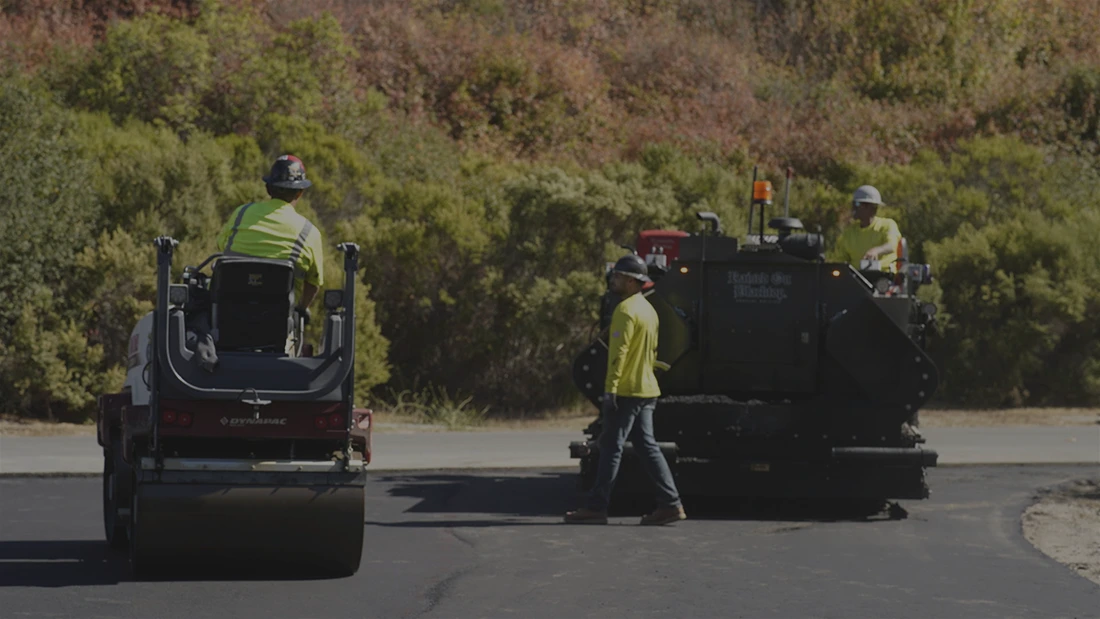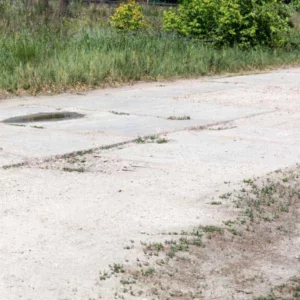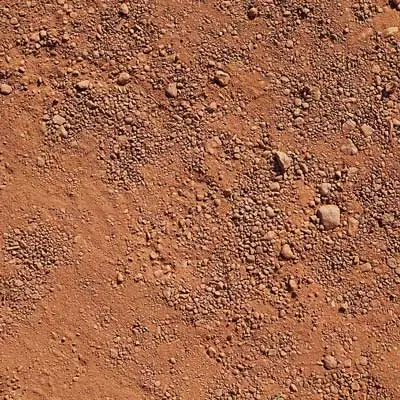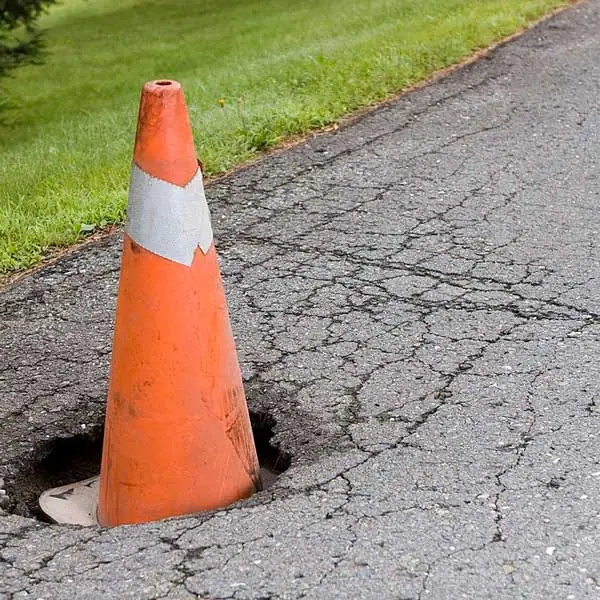
What Causes Cracks in Concrete and Asphalt Driveways?
Just what causes cracks in concrete and asphalt driveways? Knowing the answer to this question can assist you in preventing and correcting any cracks your driveway may form.
Finding a crack in your driveway can be frustrating. As concrete and asphalt driveway materials break down and separate, cracks are inevitable.
If your driveway is newer, these cracks are especially infuriating.
Just what causes cracks in concrete and asphalt driveways?
Knowing the answer to this question can assist you in preventing and correcting any cracks your driveway may form.
Asphalt vs. Concrete
Asphalt and concrete driveways both crack, and for the same reasons.
Often, asphalt driveways are set up as a long surface, and may crack more easily than concrete for this reason.
Additionally, the controlled joints in concrete driveways can assist in reducing cracking.
Both materials are great for driveway construction, and regardless of the material you choose, large cracks should not occur for at least several years.
Signs of Cracks in Driveway
Tell-tale signs of cracks in your driveway (aside from the crack itself) include weeds popping up and anthill mounds spilling out of the crevices.
While unsightly and annoying, small cracks are considered non-structural. Cracks with wider openings or heaved edges must be repaired, as they are a definite trip hazard.

Tree Roots
Tree roots can push up under a driveway, causing heaving.
Additionally, some trees remove excessive moisture from under a driveway area.
This problem causes cracking and a downward movement of the slab.

Soil Erosion
Rainwater flow from a higher level down to a lower level of elevation can cause the slow washing away of soil, or soil erosion.
This makes soil erosion a concern and a cause for cracks, especially in sloped driveways.
Soil erosion is more pronounced in areas near creeks and rivers, as water is also moving under the soil toward the lower levels.

Clay Soil
Because of its elasticity, clay soil brings with it a cycle of shrinking and swelling.
During dry spells, clay soil will shrink, but will then swell during seasons of heavy rains.
For a driveway built over a layer of clay soil, this cycle causes the ground to heave up and down in seasons that are extra wet or extra dry.
This shrinking and swelling process logically contributes to cracks in a driveway.

Excessive Weight on Driveway Slab
Any excessive weight placed on a driveway slab can cause settlement and cracking.
This is especially true of excessive weight placed at or near outside corners of the slab.
Keep this in mind if you plan to have a heavy-duty vehicle parked on your driveway (ex: concrete trucks, septic pumping trucks, etc.).

Sinkholes
Sinkholes are a rare phenomenon, but they do occur.
Typically, much less dramatic than sinkholes you see on the news, many begin as a small depression in the soil that grows over time.
Eventually collapse occurs, causing cracks and damage to your driveway and possibly surrounding areas.

Poor Site Prep
Poor site preparation can cause driveway cracking as soon as the first couple of years post-construction.
This is typically due to inadequate soil compaction before the concrete is placed.
Concrete and Asphalt Properties
While strong in compression due to aggregate stones in the mix, concrete is weak in tension (bending).
So a concrete driveway is capable of carrying large loads, but susceptible to bending (which can cause cracks). To offset this weakness, steel is added.
Concrete driveways are constructed with a light gauge steel mesh embedded in the slab when the concrete is placed.
Additionally, glass, steel, or plastic fibers can be added to concrete mix for improved tensile strength.
During the curing process, a concrete slab shrinks slightly.
This occurs within the first couple of months of placement, and the majority of driveways are scored to encourage hairline shrinkage cracks to happen in notched lines.
There, the cracks are significantly less noticeable.
Asphalt is susceptible to all of the same conditions as concrete.
Asphalt also tends to crumble at the edges as it deteriorates.
Repairing a Cracked Driveway
From special vaults to hydraulic cement, there is no shortage of DIY driveway crack repair supplies for homeowners.
With many of these products, after filling the cracks the work can look sloppy or the surface appearance of the repair may not match the original material.
Simply put, the “patch” can be more of an eyesore than the original crack ever was.
When it comes to larger cracks, a concrete service may need to grind the cracks down to make the driveway safer.
Larger cracks pose a liability as a trip hazard, so if necessary, grinding them down is important.
So what qualifies a crack as large enough to require this service?
Any change in surface larger than a half-inch is considered a trip hazard.
A driveway with severe and/or substantial cracking will need the damaged area cut out and replaced.
Coastal Paving and Excavating can take care of all of your driveway needs.
Some of the ways that we can help you get your driveway looking like brand new are:
Get Your Free Quote Today.
Coastal Paving & Excavating is a leader and trusted provider for underground utilities, roads, driveways and parking lots in the Carmel Valley area.
Contact us today for a free quote.




